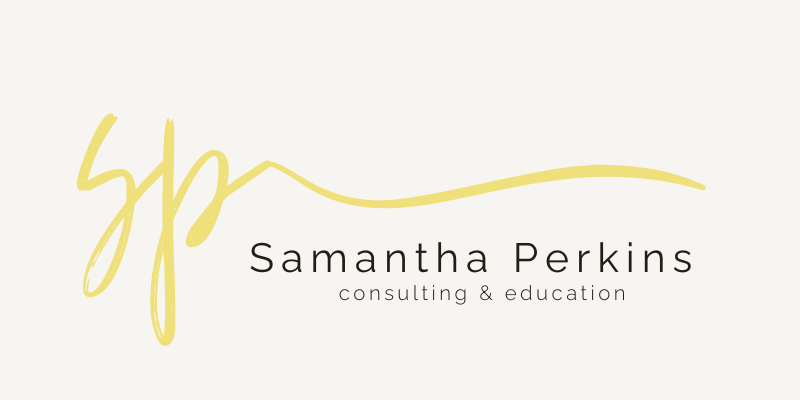Is Alcohol A Trick Or A Treat?
Yesterday I saw a meme that said You never see alcohol companies putting drunk people in their ads. Are they ashamed of their customers? This inspired some thinking. First of all, alcohol makes us drunk. That’s the point right? Well, not for everybody I guess, but it was for me. Most of the time I drank with the intention to get drunk.
Some people drink to take the edge off, others because they love the taste, some to make a toast, to celebrate, and there are a million other reasons. However, it’s probably pretty safe to say that many people who don’t drink with the intention of getting drunk have “accidentally” ended up drunk at one time or another. Right?
Drunk does not equal pretty. It wouldn’t sell. From a vain point of view nothing is less appealing than someone slurring their speech, stumbling when they walk, and hovering over a toilet. It’s actually disgusting. I know this from my own personal experience.
Drunk is also dangerous. Who would want to see an ad about someone drinking too much and then going home to abuse their wife and children? Or a commercial on alcohol induced campus rapes? Or hear a radio blast about the latest drunken brawl outside of your favorite pub? Eww. Appalling. Not good for advertising.
But those are not the only examples of drunk. What about the family fights over Thanksgiving dinner that are alcohol induced? Or badgering the live act begging them to play your song (wait, that was me)? Or, the embarrassment of doing or saying things that aren’t aligned with your values (going home with strangers, dancing on bars, having an anger outburst, the list goes on).
But this is what alcohol does. It makes you drunk. So why as a culture do we judge so harshly those who “can’t handle it” when it’s not made to be handled. Why do we draw a line in the sand of us (drinkers) vs. them (alcoholics). Why do we feel disgusted, appalled, and offended when we hear these horrible stories of what people did when they were drunk and immediately place the blame on their poor judgement, lack of awareness, shitty upbringing, mental illness, and rarely question the drug?
Ethanol (otherwise known as poison) is the part of alcohol that makes you drunk. It crosses into the blood, heads straight for your organs, and interferes with transmitters (those really important things that send messages to you to tell you what to do). Of course, there are early warning signs letting you know that your body is having a reaction to the drug. But guess what, once in your system, the alcohol starts screaming for more alcohol because it’s a highly addictive chemical.
So we’re left with a brain that is functioning much slower than normal and a body screaming that it wants more alcohol. This means that we sometimes say yes to “just one more” even when we know we shouldn’t. Kenny Chesney sang all about it in his “You and Tequila” song in the line One is one too many and one more is never enough.
There are many more factors here but it’s true that many people who drink alcohol have gotten drunk. Yet, instead of normalizing this (since this is what alcohol does) we blame the user. We say things like “Poor Jimmy, he must have a problem.” “Sally Sue got drunk again last night, sorry bastard.” “Let’s stop hanging out with Bobby, he’s a sloppy drunk.”
I think we’re scared that if we question alcohol that someone might take it away from us. Or, worse, someone might question our own personal use. It doesn’t have to be that way. We can cross over that line in the sand and admit that yes, we might love to drink, but also acknowledge how ethanol can be problematic.
We have no problem acknowledging the danger of drugs (many of which are far less addictive and deadly than alcohol). So, why not go there with alcohol? If we made this teeny tiny shift in our awareness we could stop isolating people.
What if we stopped glamorizing alcohol for the elite who “can handle it” and shaming those who can’t? What if we stopped playing into the stigma that you must hit rock bottom, get arrested, hurt someone, or drive drunk in order to quit drinking? What if we accept quitting as a healthy personal choice like we accept going vegan or gluten free? What if we stopped laughing at how out of character we got after a few glasses of wine? What if we truly acknowledged how addictive and dangerous the chemical is? Could we make an impact on one of the 15 million people affected? I think yes.
So, this Halloween as you take in all the treats your heart desires don’t forget about the tricks that many of them come with. We’re not immune to the effects of alcohol (interrupted sleep, unintended weight gain, lack of connection, fogginess, dulled skin, mental health issues, etc.) even if you don’t fall into the category of alcoholic.

